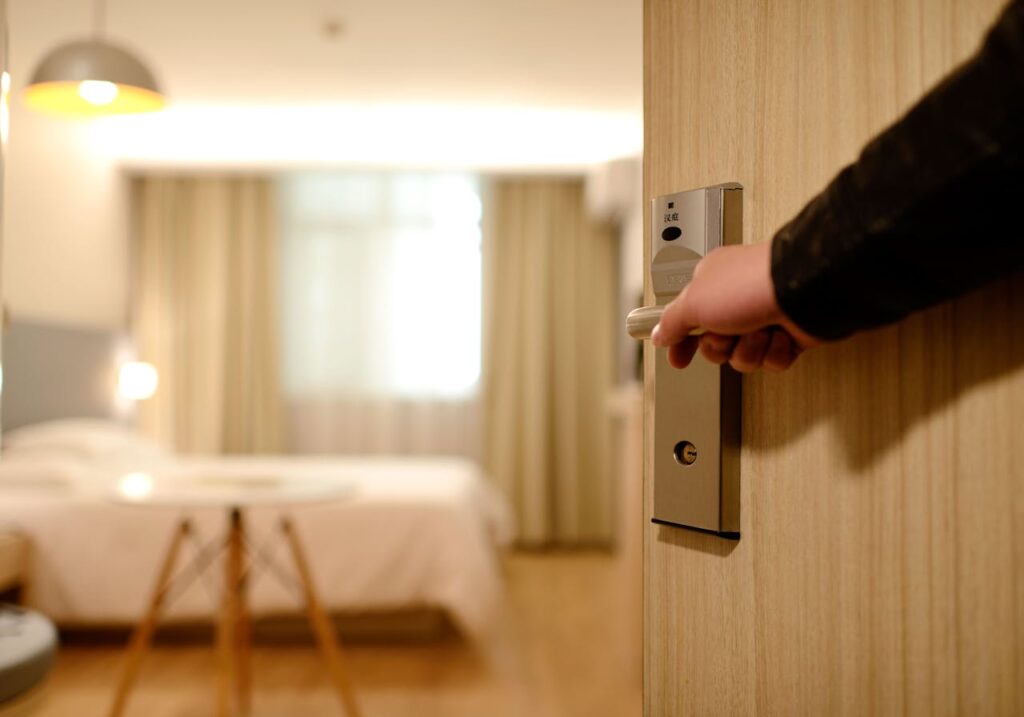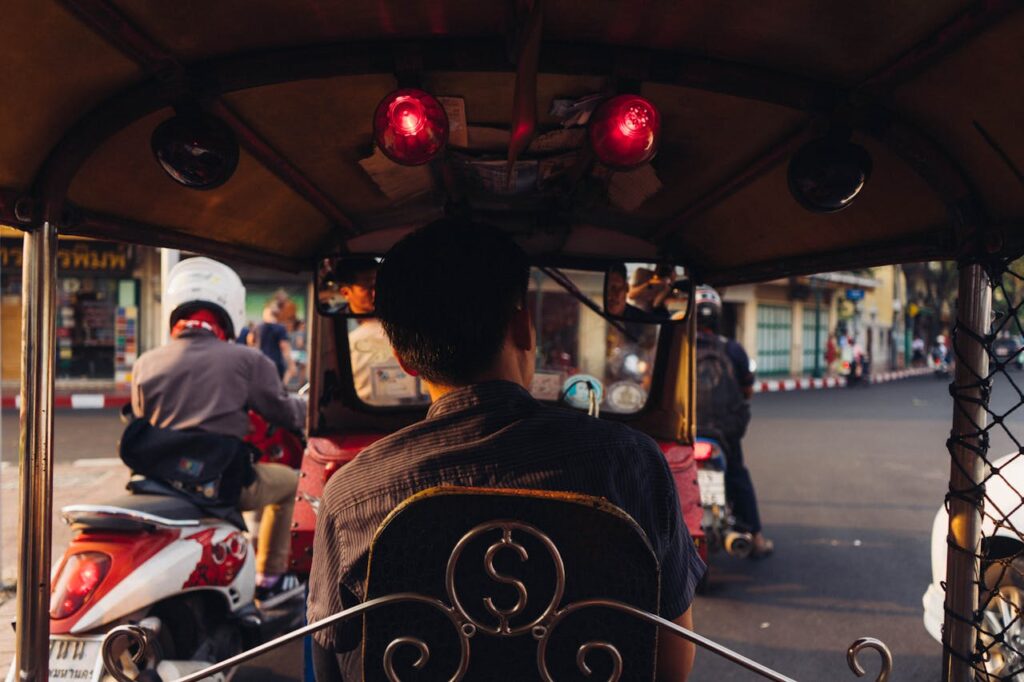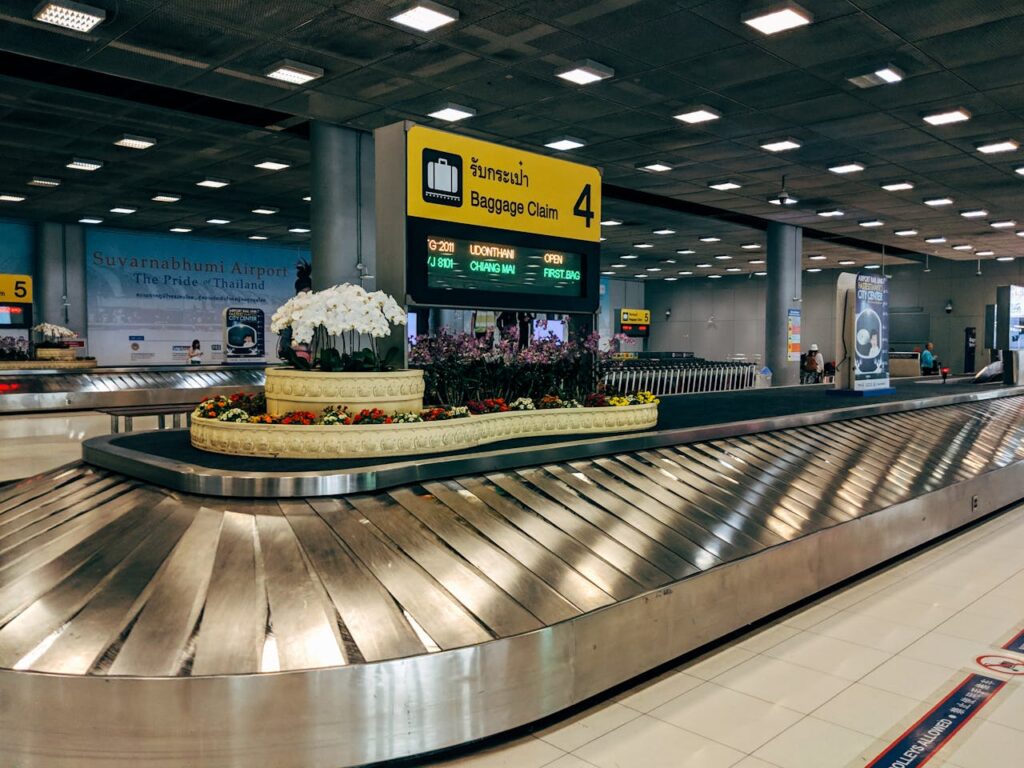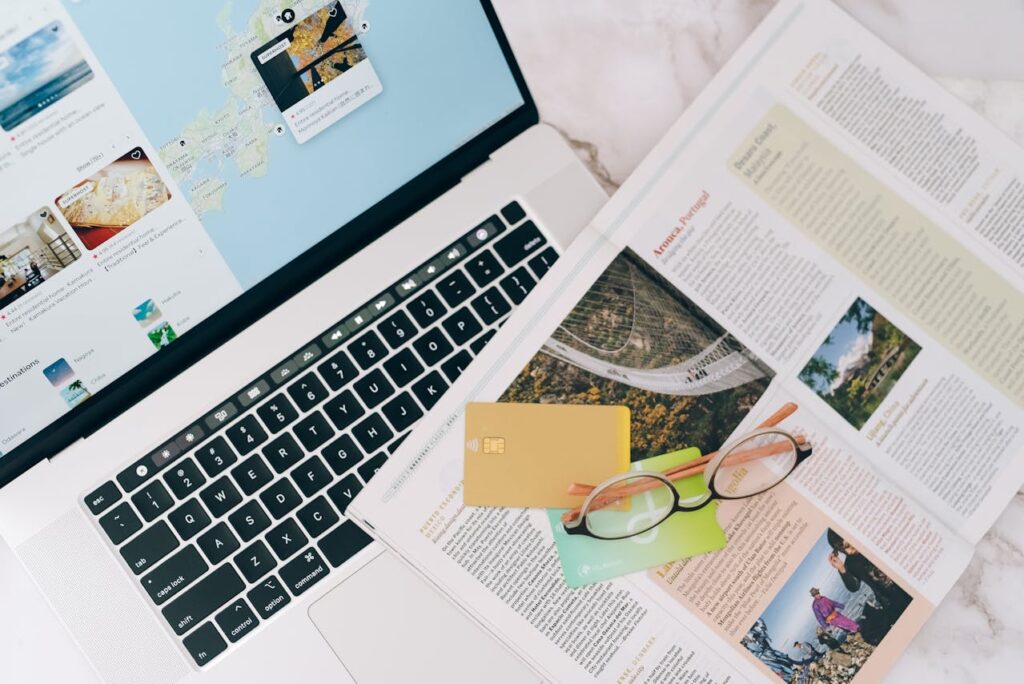We may earn money or products from the companies mentioned in this post. This means if you click on the link and purchase the item, I will receive a small commission at no extra cost to you ... you're just helping re-supply our family's travel fund.

Creating a travel budget may sound like a chore, but it’s the smartest move you’ll make for a stress-free vacation. Whether you’re still planning, saving, or ready to jet off, budgeting gives you the clarity to spend wisely without missing out on unforgettable experiences. It’s not about restrictions—it’s about freedom. Here are 10 easy steps to build a travel budget that works for your destination, goals, and style.
1. Determine How You’ll Get There

Your biggest cost often starts with transportation. Flights, trains, buses, or rental cars—each has varying prices based on timing and location. Use tools like Skyscanner or Kayak to compare fares and look for the best deals. Budget extra if you’re planning multiple destinations. Booking in advance usually saves money, but flexibility can sometimes unlock hidden discounts.
2. Research Your Accommodation Options

Where you stay will shape both your experience and your budget. Whether you prefer hostels, boutique hotels, or rentals, start by comparing rates online. Look for stays that include breakfast or kitchen access—it reduces your food costs. Booking platforms like Booking.com and Hostelworld offer reviews that help match cost to comfort. Always balance price with convenience and safety.
3. Factor In Local Transportation

Getting around once you arrive is a budget line of its own. Will you walk, bike, take public transit, or use taxis? Check if your destination offers day passes or travel cards—they’re often cheaper than paying per ride. Research ride-share apps or local tips on affordable transit. The more you plan in advance, the less likely you are to overspend on spontaneous rides.
4. Estimate Your Daily Food Expenses

Food costs add up quickly, especially if you eat out every meal. Research average meal prices for your destination or use apps like Zomato or TripAdvisor for menus and costs. Budget travelers can plan for at least 2–2.5x their nightly accommodation cost for daily food. Save even more by cooking one meal a day or trying local food markets.
5. List the Activities You Want to Do

Think ahead about excursions, museums, events, and experiences. Entry fees vary, so look up ticket prices and tour costs. Some cities offer passes that combine attractions at a discount. Booking early can also save money and help you skip long lines. Be realistic about what you’ll have time for—and budget based on your top priorities.
6. Budget for Shopping and Souvenirs

Whether it’s local crafts, gifts for friends, or a small keepsake, shopping should have a place in your budget. You may not know exact prices, but allotting a small fund prevents overspending. Create a gift list in your phone to avoid impulse buys. Local markets often offer better deals and more authentic finds than big tourist shops.
7. Plan for Emergencies and Surprises

Unexpected costs—like medical care, lost luggage, or last-minute changes—can throw off your travel finances. Set aside extra funds as an emergency cushion. A good rule of thumb: reserve two to three days’ worth of expenses. This gives you peace of mind and room to say yes to spontaneous, magical moments that money can’t always plan for.
8. Use Budgeting Apps Like Wallet

Apps like Wallet can help you track spending and stay on budget. Create a trip-specific budget, label your expenses, and monitor your financial progress in real time. Whether you’re tracking food, transport, or souvenirs, this tool gives you control and clarity. You can even import transactions later if you prefer unplugged travel.
9. Customize Categories for Better Control

If you’re on a long trip, consider splitting your budget into multiple categories or locations. Create separate budgets for food, taxis, or activities to track spending in detail. Apps allow labels and subcategories so you can manage money your way. This helps identify where you’re overspending and adjust before it’s too late.
10. Stay Flexible and Adjust as You Go

Your travel budget should guide you, not restrict you. Prices might shift, plans might change, and that’s okay. Stay open to adjusting your budget as needed. The best travelers know when to splurge and when to save. Flexibility ensures you enjoy your trip without sacrificing financial peace of mind.